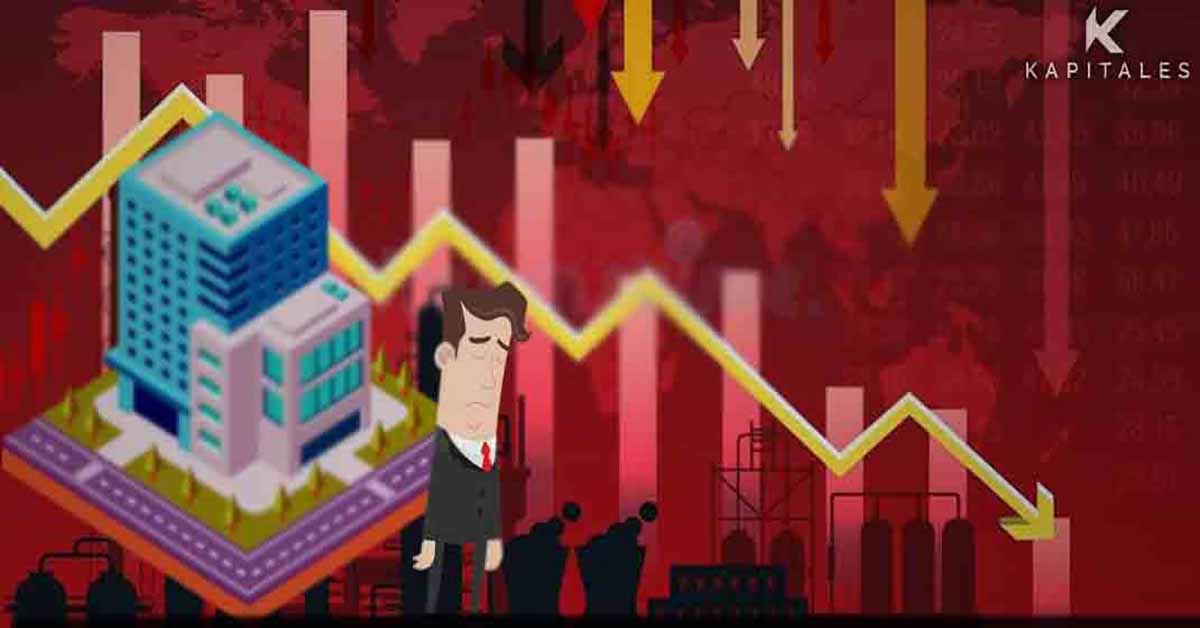
Market Alert: ASX200 at Critical Support – Reversal or Further Fall?
The US Market’s recent rebound has gained investor and analyst attention. Confidence is gradually seen seeping back into the US market. Some investors seem to be more convinced that the US economy will be able to avoid a severe downturn even if it copes with high inflation. In the last one-month benchmark index S&P 500 has grown by ~12%, NASDAQ-100 by 17.09%, and NASDAQ Composite by 17.25%, respectively.
1. The shift in the market mood was somewhat driven by the data released by BoFA Global Research on 12 August 2022. The Tech stocks showed their largest inflows in nearly two months over the past week.
2. In the last one week, S&P 500 index inched 3.26%. The index has been on the track of delivering gains for its fourth consecutive week.
3. Another major factor influencing the US market was the release of the consumer price index (CPI) and producer price index (PPI) inflation data. The CPI and PPI data were lower in July 2022 compared to June. The market welcomed the lower-than-projected data, which pushed the market up last week. However, inflation is at the higher end. The data cheered the investors last week.
4. The lower inflation data announced last week was driven by lower energy and fuel prices. US gasoline prices dropped nearly 8% and WTI crude by almost 11% in the previous one month.
5. Commodity and energy prices lowered in recent weeks, driven probably by the increased oil supply and the problem related to the supply chain getting resolved gradually.
The rate of inflation in a country has a significant impact on the value of the currency of a particular country as well as the rate of exchange of the currencies of the two countries. According to the IMF, the US dollar is the world’s most popular currency and makes up more than 60% of all recognised central banks’ foreign exchange. Thus, this makes the currency a de facto global currency. Next to the US dollar is the Euro which makes up ~20% of the foreign exchange reserve.
Inflation and interest rates are closely linked to each other and can have a direct impact on the exchange rate. The relative strength of the US economy supports the value of the dollar. Thus, makes this currency powerful. In the foreign exchange market, the US dollar rules. Around 90% of the trade happens in the US dollar. Around 40% of the debt is issued in US dollars. As a result, foreign banks need huge dollars to conduct business.
The CPI data is considered important in the currency market as it impacts the decision made by the central banks regarding the monetary policy. The central bank of any country has the potential to control inflation at a suitable level. Policymakers raise or lower interest rates to achieve certain target levels. In case of any fluctuation in the target levels, it is possible that central banks may make some changes in the interest rate.
Any change in the interest rate impacts the value of money. When inflation increases, the money in the economy tends to depreciate compared to other currencies. Also, any country’s central bank feeling inflation may increase the interest rate to lessen the impact of rising prices, which could counteract and strengthen the currency.
Due to inflation, prices and costs in any nation go up rapidly. The goods produced in the country become more expensive than those made in other countries. With the rapid increase in the price in a particular country, people within the country and people from the rest of the world buy less of that product. Instead, they look for a similar product from other countries. As a result, imports are encouraged by people within the country, and exports are discouraged.
While discussing this topic, we should be aware that the relationship between inflation and stock price is not so simple, and there is no fixed rule to be applied. Hence, it requires deep research while picking stocks.
For stock investors, shares can act as a hedge against inflation in the long term. Market participants can see that their share portfolio can appreciate over an inflationary period.
The ASX is influenced by various factors like interest rate, exchange rate, government policies, overseas financial markets, and the stocks listed on exchange. The index has delivered a negative YTD performance of 5.11% due to factors like the Russia-Ukraine war, inflation rate, etc. However, in the last one month, the index has delivered a return of 6.83%. Thus, indicating a positive investor sentiment in the market. Further, many ASX-listed companies have started announcing their financial results. Thus, we can expect market conditions to improve in the coming days.
Customer Notice:
Nextgen Global Services Pty Ltd trading as Kapitales Research (ABN 89 652 632 561) is a Corporate Authorised Representative (CAR No. 1293674) of Enva Australia Pty Ltd (AFSL 424494). The information contained in this website is general information only. Any advice is general advice only. No consideration has been given or will be given to the individual investment objectives, financial situation or needs of any particular person. The decision to invest or trade and the method selected is a personal decision and involves an inherent level of risk, and you must undertake your own investigations and obtain your own advice regarding the suitability of this product for your circumstances. Please be aware that all trading activity is subject to both profit & loss and may not be suitable for you. The past performance of this product is not and should not be taken as an indication of future performance.
Kapitales Research, Level 13, Suite 1A, 465 Victoria Ave, Chatswood, NSW 2067, Australia | 1800 005 780 | info@kapitales.com.au


Apr 08, 2023

Apr 07, 2023

Mar 20, 2023

Mar 16, 2023

Mar 08, 2023

Mar 02, 2023

Feb 24, 2023

Feb 16, 2023

Feb 09, 2023

Feb 07, 2023
Nextgen Global Services Pty Ltd trading as Kapitales Research (ABN 89 652 632 561) is a Corporate Authorised Representative (CAR No. 1293674) of Enva Australia Pty Ltd (AFSL 424494). The information contained in this website is general information only. Any advice is general advice only. No consideration has been given or will be given to the individual investment objectives, financial situation or needs of any particular person. The decision to invest or trade and the method selected is a personal decision and involves an inherent level of risk, and you must undertake your own investigations and obtain your own advice regarding the suitability of this product for your circumstances. Please be aware that all trading activity is subject to both profit & loss and may not be suitable for you. The past performance of this product is not and should not be taken as an indication of future performance.